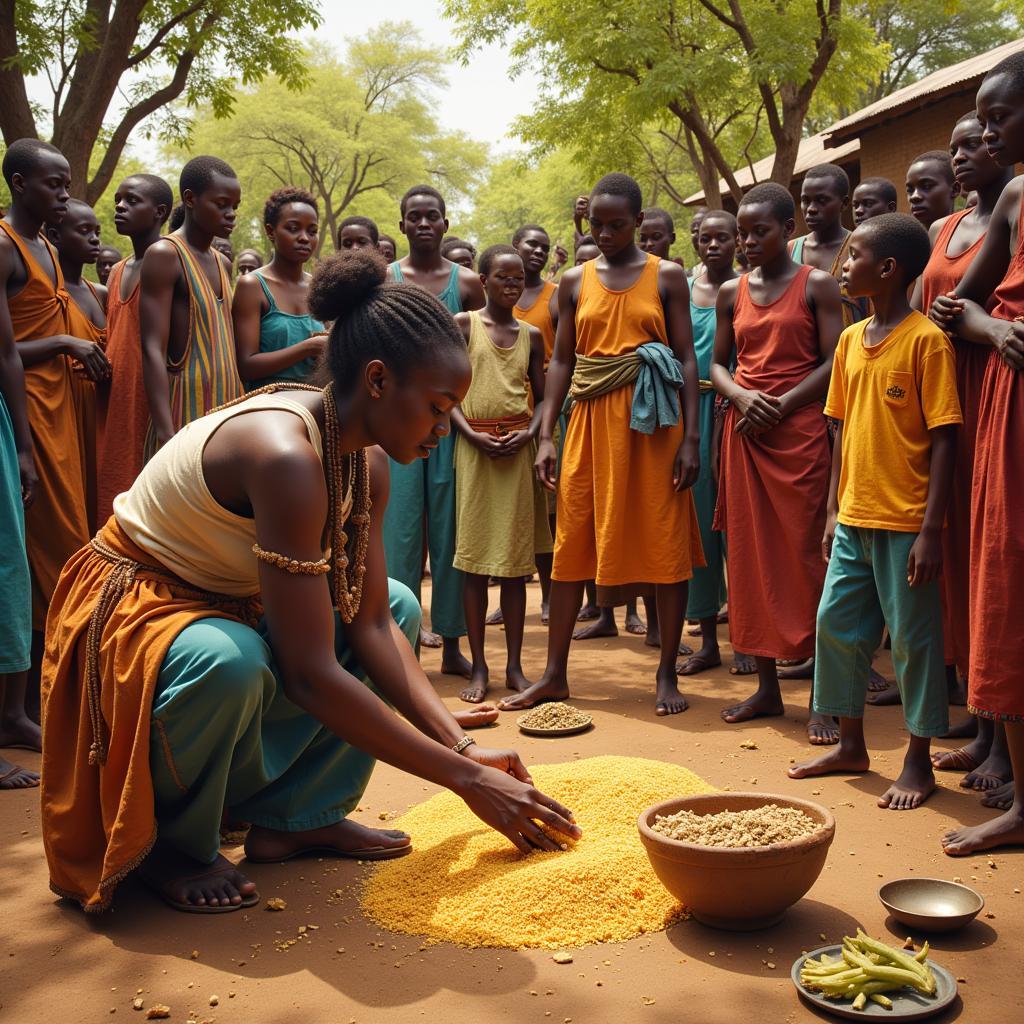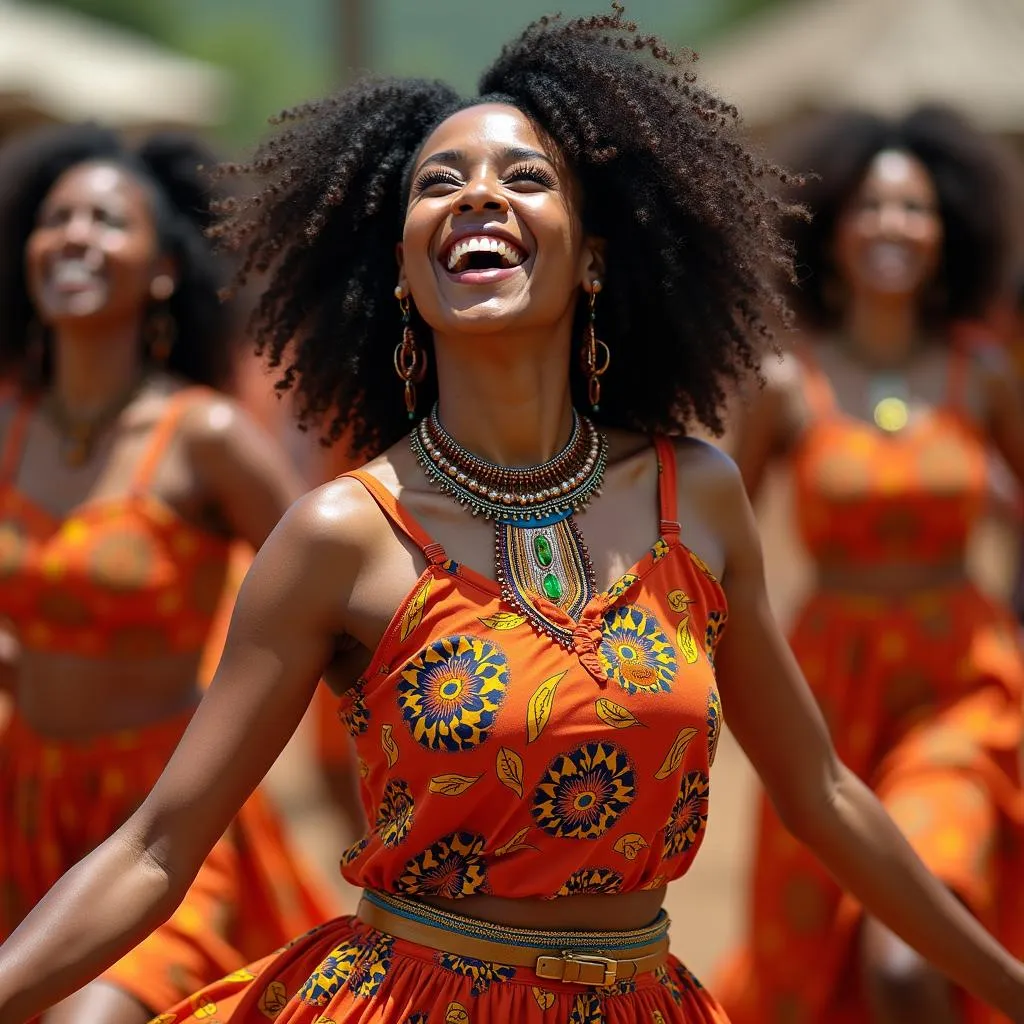African American Groups and the Civil Rights Movement
The African American struggle for equality, encapsulated by the phrase “African American Groups Civil Rights,” is a story of resilience, organization, and unwavering commitment to justice. From the darkest days of slavery to the ongoing fight for equal treatment, African Americans have formed groups and organizations to challenge systemic racism and advocate for their rights. This article delves into the crucial role these groups played in the Civil Rights Movement and their continued impact on American society. african american struggle for equality essay
The Power of Collective Action: A History of African American Civil Rights Groups
The fight for civil rights didn’t begin in the 20th century. Long before the landmark legislation of the 1960s, African Americans established organizations to combat oppression and build stronger communities. From mutual aid societies providing essential services to advocacy groups challenging segregation, these early efforts laid the groundwork for the later Civil Rights Movement. These groups, formed in the face of adversity, demonstrated the power of collective action and the importance of community organizing.
Key Players: NAACP, SCLC, SNCC, and CORE
The mid-20th century saw the rise of some of the most influential African American groups in the Civil Rights Movement. The NAACP (National Association for the Advancement of Colored People), with its legal expertise, challenged segregation in the courts, achieving landmark victories like Brown v. Board of Education. The SCLC (Southern Christian Leadership Conference), led by Dr. Martin Luther King Jr., embraced nonviolent resistance, mobilizing communities and organizing iconic protests like the Montgomery Bus Boycott and the March on Washington. The SNCC (Student Nonviolent Coordinating Committee), formed by young activists, energized the movement with their commitment to direct action and voter registration drives. CORE (Congress of Racial Equality) played a pivotal role in the Freedom Rides, challenging segregation in interstate transportation.
What were the main strategies of these groups? Each organization, while united in their pursuit of equality, employed different tactics, from legal challenges to direct action and community organizing. This diversity of approaches proved crucial to the movement’s success, applying pressure from multiple fronts.
Dr. W.E.B Du Bois, a pivotal figure in early civil rights activism, believed that “The cost of liberty is less than the price of repression.” His words resonated with generations of activists who understood that the fight for freedom, though arduous, was essential for a just society.
Beyond the 1960s: The Continued Struggle
The fight for civil rights didn’t end with the passage of landmark legislation. african american capitalized African American groups continued to address issues like economic inequality, police brutality, and voting rights. The Black Power movement, emerging in the late 1960s, emphasized self-determination and Black pride. Organizations like the Black Panther Party provided community services while also challenging systemic racism.
How did these later movements build upon the foundation laid by earlier civil rights groups? They both challenged the ongoing systemic inequalities that persisted despite legislative victories, advocating for social and economic justice, as well as equal protection under the law.
Conclusion: The Legacy of African American Civil Rights Groups
The African American struggle for civil rights, driven by the dedication and organization of countless individuals and groups, has profoundly shaped American society. From challenging segregation to advocating for equal opportunities, these “african american groups civil rights” have left an indelible mark on the nation’s history. Their legacy continues to inspire today’s activists as they fight for a more just and equitable future. african american census
FAQ
- What role did churches play in the Civil Rights Movement?
- How did African American women contribute to the struggle for equality?
- What are some of the key legal victories of the Civil Rights Movement?
- What is the significance of the Montgomery Bus Boycott?
- How did the Civil Rights Movement influence other social justice movements?
- What were the goals of the Black Power movement?
- What are some contemporary challenges facing African Americans?
Common Questions about African American Civil Rights Groups
How did these groups mobilize and organize communities? Various strategies, including church meetings, grassroots organizing, and nonviolent protests, were key to mobilizing communities and building support for the Civil Rights Movement.
african american community organizations
Further Exploration
Explore more about African American history and the Civil Rights Movement by researching key figures, events, and organizations. african american history movies You can also delve deeper into the legal battles and legislative changes that shaped the struggle for equality.
Need assistance? Contact us 24/7:
Phone: +255768904061
Email: [email protected]
Address: Mbarali DC Mawindi, Kangaga, Tanzania.


